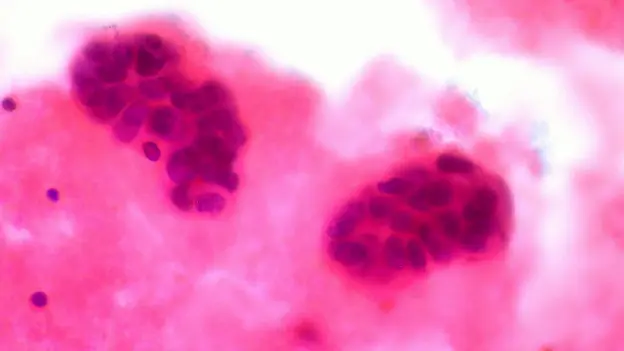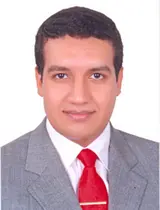Tandem Project
Combat Cancer at the Molecular Level
Laboratory Study
Breast cancer is ranked the first amongst the cancer types affecting women worldwide. It affects adult women at any age in all countries over the world independent on climate or geographic disparities. According to the World Health Organization (WHO), in 2020, approximately 7.8 million women worldwide grappled with the challenges posed by breast cancer, leading to around 0.7 million fatalities. Although patients witness a broad spectrum of side effects, surgical and radiation therapy are the treatment of choice for controlling the disease. Moreover, a frequent occurrence of resistance, recurrence is commonly reported shortly after the end of a harsh treatment protocol that can include a complete removal of the breast. Consequently, there is a compelling need to discover novel formulations at molecule-scale as an effective and non-invasive anticancer therapy.
New anticancer agents from mitochondrial metabolites
The AGYA members Dr. Sara Abdel Gaber and Dr. Walid Elgaher focused their studies in this project on the identification of novel formulations at molecule-scale as anticancer agents inspired by the endogenous metabolites’ scaffolds. Endogenous metabolites of the mitochondrial Krebs cycle have been receiving more interest not only for biosynthesis of macromolecules but also as signalling molecules in tumorigenesis. For example, fumarate and succinate have been found to be prominent metabolites in cancer cells and play a key role in induction of cancer metastasis. On the other hand, dimethyl fumarate was approved for the treatment of multiple sclerosis and showed significant growth inhibition of breast cancer cell lines, highlighting the potential of the mitochondrial metabolites and their derivatives as novel anticancer agents.
Identification and evaluation of anticancer agents
Together with their cooperation partners at the Helmholtz Institute for Pharmaceutical Research Saarland and TWINCORE Centre for Experimental and Clinical Infection Research in Germany, the AGYA members used computational chemistry to design and screen already short-listed metabolite mimics with favourable stability and physicochemical properties in order to evaluate the biocompatibility and anti-breast cancer activity for selected mitochondrial metabolites and their derivatives. This identification process followed a structure–activity relationship study for the most promising class of compounds and finally lead to a mode of action study for the most promising ones. First research findings show that the newly developed hydrophilic chlorin and even more its microstructural MSN conjugate show high activities in anticancer photodynamic therapy. Further studies should focus on improving the selectivity towards cancer cells.
- Disciplines Involved
- Medicinal Chemistry, Computational Chemistry, Pharmacology, Cell Biology
- Cooperation Partners
- Helmholtz Institute for Pharmaceutical Research Saarland (HIPS), Saarbrücken, Germany
- TWINCORE Centre for Experimental and Clinical Infection Research, Hannover, Germany
- Project Title
- EndCancer: Endogenous Metabolite Mimics as Potential Breast Cancer Therapy
- Year
- 2022
- Funding Scheme
- Tandem Project
- Countries Involved
- Egypt, Germany
- AGYA Publication
- Octyl itaconate enhances VSVΔ51 oncolytic virotherapy by multitarget inhibition of antiviral and inflammatory pathways
- Mesoporous silica nanoparticles boost aggressive cancer response to hydrophilic chlorin e6-mediated photodynamic therapy


